 - minute read
- minute read
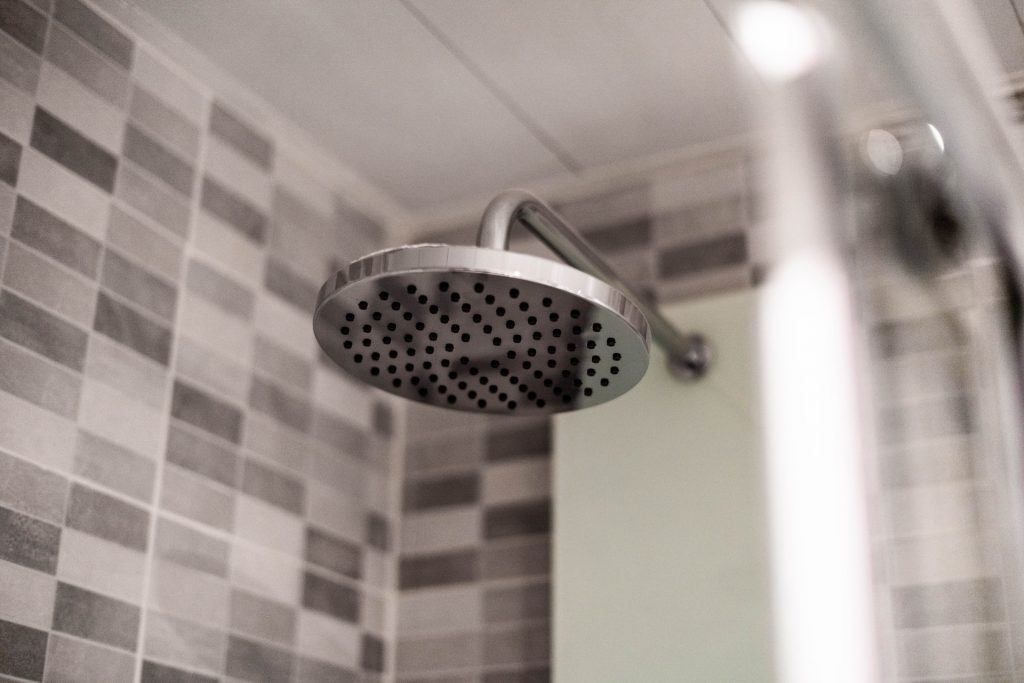
Unlike gas and electricity, you can’t change your water supplier, with this being determined by whereabouts in the UK you live. But not being able to switch provider doesn’t mean you can’t cut back. In fact, there are still plenty of ways to reduce your water bill. We’ve gone over all the different ways to reduce your water bill, none of which require significant lifestyle changes.
As we mentioned in the introduction, each area of the UK is covered by a single water supplier. This eliminates the ability to hunt around for better deals. With that being said, there are two different ways to pay for water, and whichever one you pick can have an impact on the price.
When using a water meter, you’ll pay for how much water you use. They make the most sense in households with fewer people in, especially when everyone is committed to cutting back on their water usage.
If you don’t have a water meter, then you’ll instead be charged a set amount for water and sewage services, regardless of how much water you actually use. The amount is based on the value of your property (as this is what suppliers use to estimate your usage). Landlords tend to prefer standard tariffs over water meters.
Because you don’t have to search for the best deals, setting up your water bill is pretty straightforward. Here’s a quick step-by-step guide:
You can also save the hassle of setting up by getting an all-in-one bills package. This is a huge time-saver as we set up and bundle utilities, water, wifi, TV and council tax into one simple monthly bill which is equally split between you and your housemates.
For more information, check out our article for an in-depth guide on setting up your water bill.
According to Water UK, the average water bill currently costs £396.60 per year. This is for an entire household, rather than a single person. Below, we’ve broken down the average annual water bill for a household:
These figures are taken from Southern Water users so might be slightly higher than other parts of the UK. They still provide a good indication of how much water costs for a household, depending on how many people live there.
As veteran tea drinkers, the British are always using their kettles to make a delicious brew. Because of this, overfilling your kettle can seriously add up. To get around this, you should only fill the kettle with the amount of water you’ll need. If you’re making a cup’s worth, then fill that cup up first and pour the water into the kettle. This will also save electricity and time!
Did you know that dripping taps and leaks can waste the equivalent of half a bath every week? Not only is the sound of dripping water annoying, but it’ll also add on a surprisingly high amount to your water bill. If you live in a rented property and your tap is endlessly dripping, then ask your landlord to fix it ASAP.
Similarly, you should turn the tap off when brushing your teeth. By only using a tap when it’s required, up to 6 litres of water can be saved every minute! In a house with 5 people who brush their teeth twice a day, leaving the tap on will use an extra 20 litres every single day.
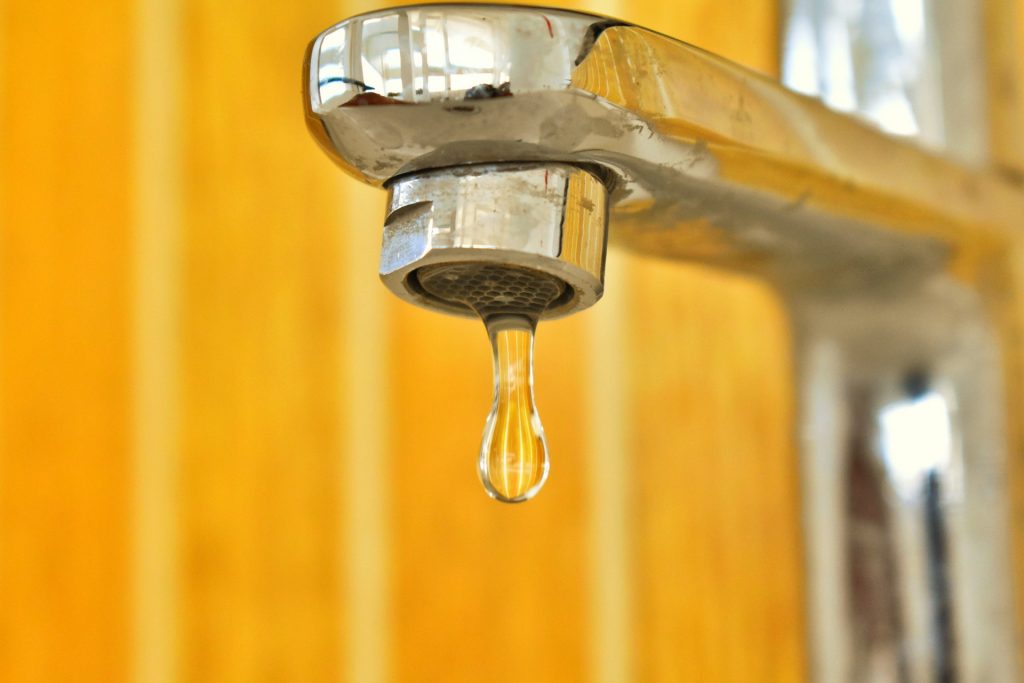
Washing machines and dishwashers are two appliances that can have a major impact on your water usage. So, you want to make sure both of these are working at maximum efficiency.
Modern machines tend to include ‘eco’ settings which can offer the same result with less water used. Make sure filters are always properly cleaned, as this will help the washing machine and dishwasher do their tasks while using as little water as possible. For example, fluff can quickly build in the washing machine’s filter, so this should be regularly checked and removed.
When settings are left the same, your washing machine will always use the same amount of water, regardless of whether it’s completely packed or only contains a few bits of underwear. You should always wait until your laundry pile is large enough to fill the washing machine. If living in a shared house, then joint washes are a great idea.
If having to wash up by hand fills you with dread, then we’ve got some good news for you. When on an energy-efficient setting (and when full), dishwashers actually tend to use less water to clean your dishes than when hand-washing. This is especially true of energy-efficient dishwashers.
Not all houses – particularly rented homes – are blessed with a dishwasher. If this applies to you, then hand-washing is still a worthy alternative, especially if you follow our next tip.
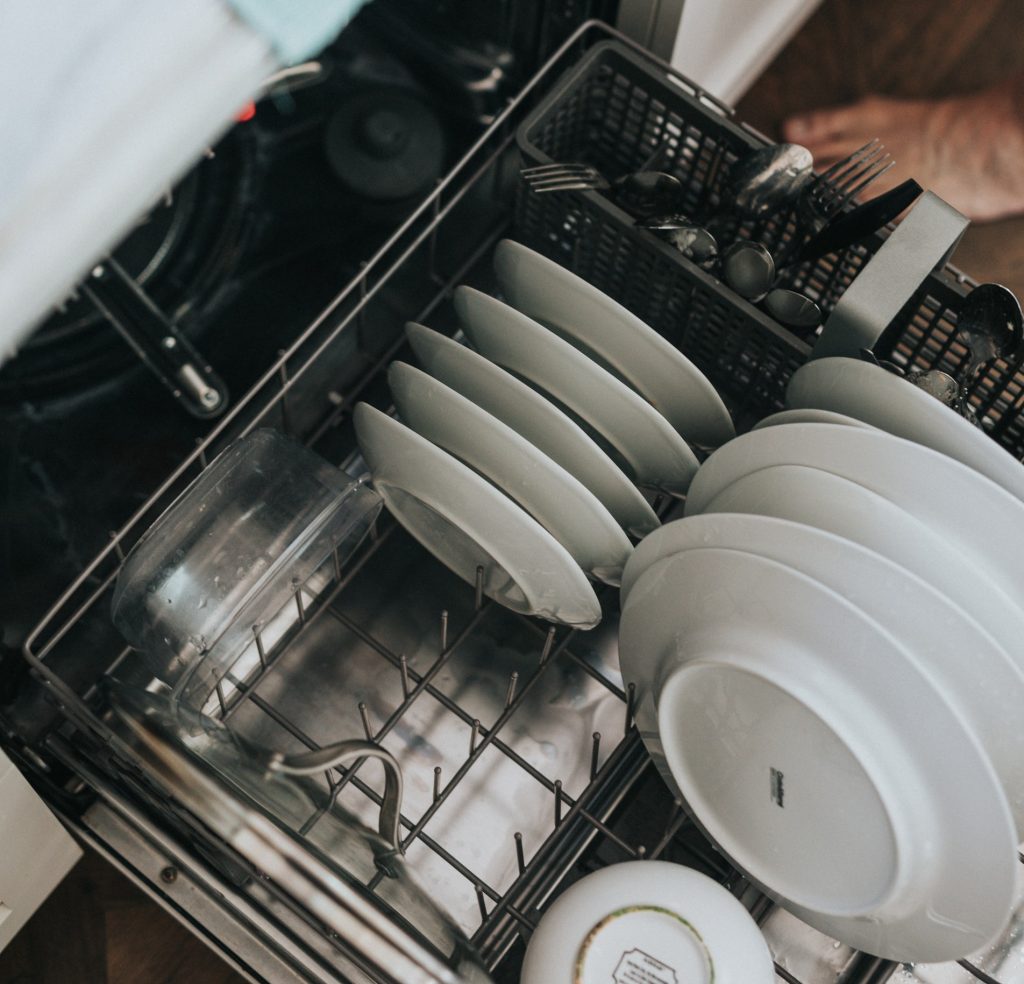
Rather than rinsing every plate, bowl and piece of cutlery under the tap, use a washing up bowl when cleaning. This way, you won’t be constantly using water after eating dinner. Once the bowl is filled, you shouldn’t need any more water to get the cleaning done.
You can even leave some items to rinse and come back later (though don’t leave them for too long or you might incur the wrath of your housemates).
While we all love a long shower now and then, you shouldn’t make a habit of it. Even though showers tend to use much less water than a bath, if your shower takes over 15 minutes then the amount of water used becomes around the same.
The average bath requires 90 or so litres of water, whereas an 8-minute shower is closer to the 60-litre mark. You can further cut back by using an eco shower head (which saves around £40 a year).
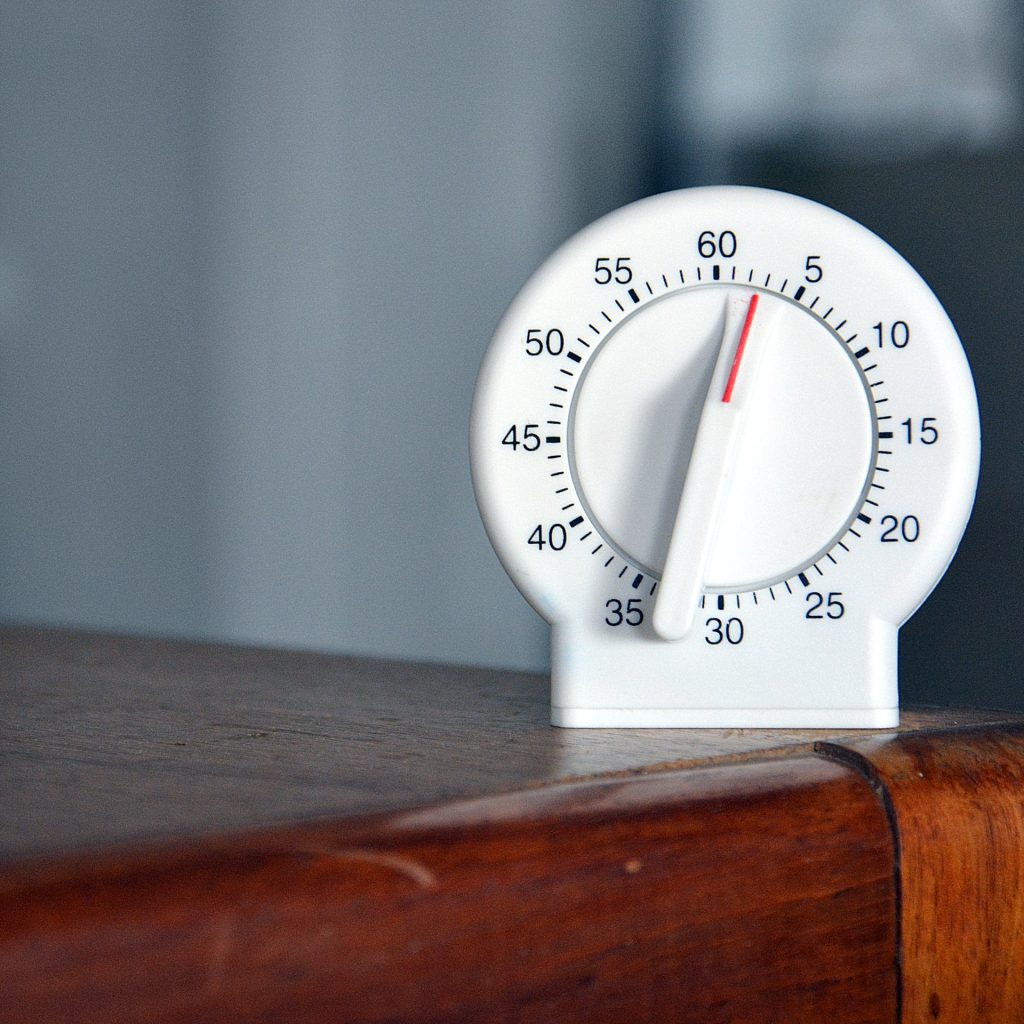
On a hot day, there’s little more refreshing than a cool glass of water. Having to run the tap to get the water cold enough can waste a huge amount of water over a year. Instead, you should keep a jug of water in the fridge. This way, if you ever fancy a thirst-quenching drink then you won’t need to turn the tap back on.
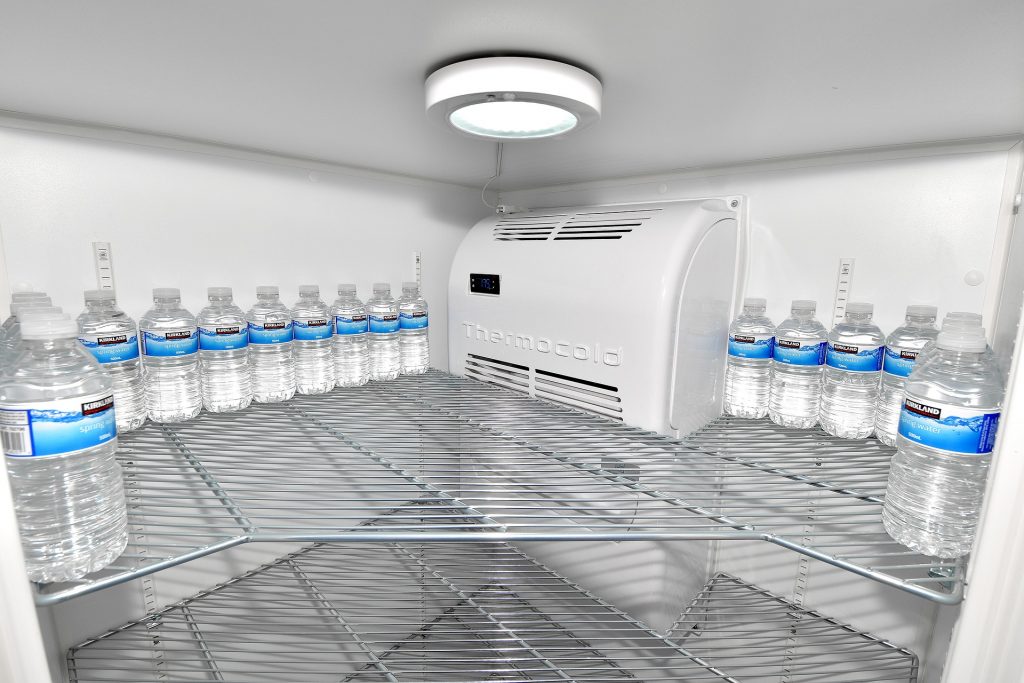
An interesting way to reduce the amount of water used per toilet flush is by putting a brick in your toilet cistern. This will use less water when flushing, without affecting the water pressure.
The simplest solution though is to simply flush less. While this might sound a little grim, it will undoubtedly reduce your water bill – some toilets use over 10 litres per flush. Though if you’re living in a shared house, make sure everyone else is in agreement first, or you might start receiving complaints from grossed-out housemates.
Throwing items into the toilet like tissues, face wipes and anything similar isn’t just bad for the environment, but it also causes loads of water to be wasted every time the toilet is flushed. Most of these items aren’t even properly flushable, so will probably end up clogging your pipes anyway.
We’ve probably all been guilty of this at some point, so putting a bin next to your toilet should help you remember for next time.
If you’re a green-fingered guru, then bear in mind that most plants don’t need watering every day – or even every other day in many cases! A garden hose uses 10 litres of water every minute, so cutting back on watering will save you heaps.
One gardening idea is to use a watering can instead of a hosepipe. This way, you can better control where the water goes. It’s a little niche, but if you have a water butt then you can use the rainwater from this instead of your tap.
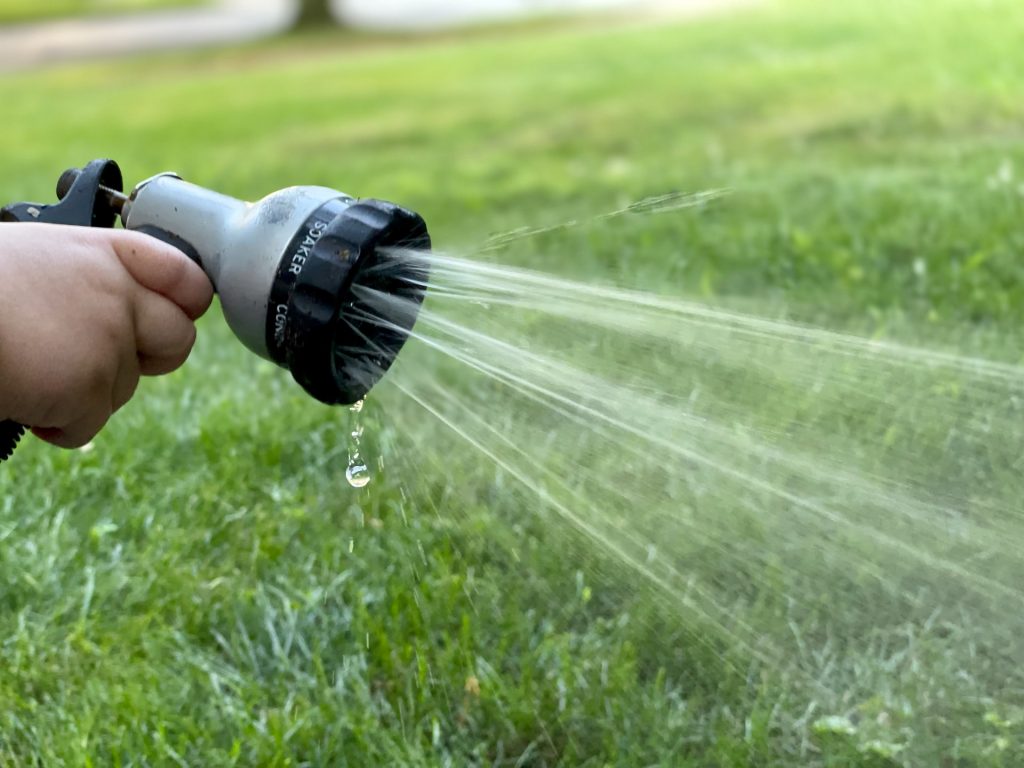
We know many people take pride in their cars, but they don’t really need cleaning that often. In between using a hose, filling up buckets with water and soap – and even using a pressure washer in some cases – washing a car uses up a tonne of water. A mid-sized car can need anywhere between 50 and 100+ litres of water. Honestly, a bit of dirt never hurt anybody, including your car.
There are some companies out there who offer water-saving freebies that you can take advantage of in your home. These can include showerheads with more precise distribution, taps that reduce water flow and shower timers.
Even though suppliers end up making less money from you as a result, it’s still a win-win as you save money while suppliers and companies get to be more environmentally friendly.
Already sorted your house but need to set up bills? We can help with this too – we set up and split utilities for you. Get a free quote for your utilities here.



All your utility bills in one monthly payment, split between housemates
Get a quote


All your utility bills in one monthly payment, split between housemates
Get a quoteFinding his article helpful? We’ve got plenty more helpful articles on there way. Join our Savvy Sunday mailing list